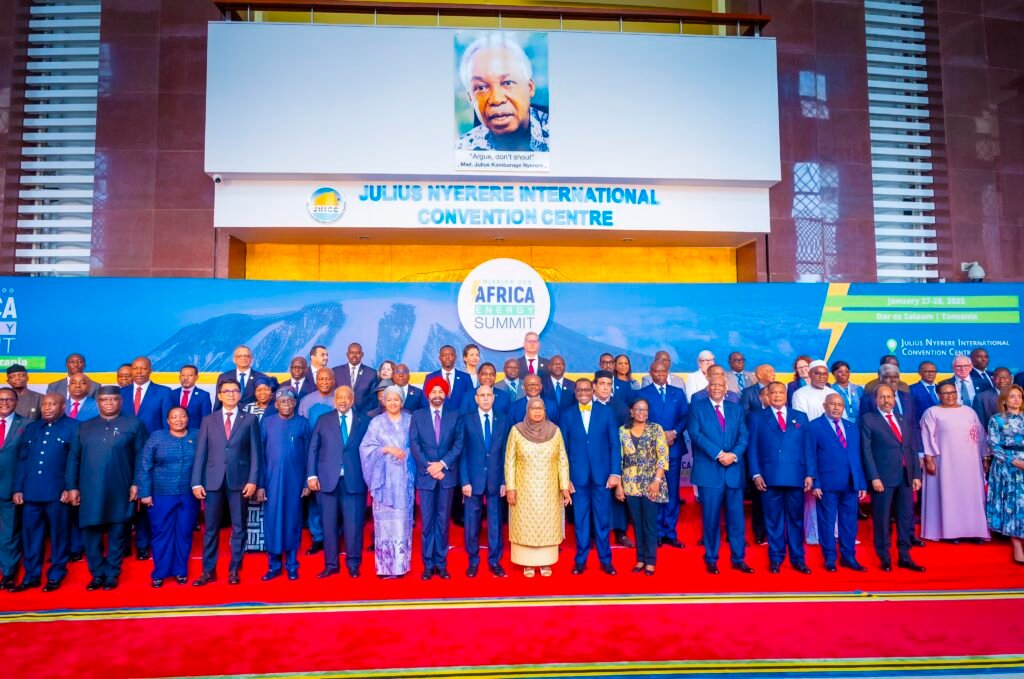African nations are rallying to combat the dire consequences of traditional cooking methods, which claim an estimated 600,000 lives annually—primarily women and children— who are exposed to toxic smoke from open fires and biomass fuels like wood and charcoal. During the Mission 300 Africa Energy Summit in Tanzania, this was the primary focus as a number of African countries pledged to accelerate access to electricity and clean cooking solutions.
The summit, which was organized by the Government of Tanzania and Mission 300, an unprecedented collaboration between the African Development Bank Group, the World Bank Group and global partners, highlights that while 600 million Africans still lack electricity, one billion have no access to clean cooking, relying on cooking fuels such as wood and charcoal. This is costing the continent a whooping Sh102.03 trillion ($790 billion) annually in health, environmental, and economic losses.
According to Tanzanian President Samia Suluhu Hassan, a vocal advocate for clean cooking, this summit marks a critical first step, urging broader continental collaboration towards clean energy. “This gathering is a platform to consolidate commitments, announce new partnerships, and drive momentum toward the 2030 goal,” she said. Her country, and her neighbours such as Kenya have been at the forefront of transitioning to clean technologies across the continent. For instance, Tanzania has invested much in its ambitious National Clean Cooking Strategy, which seeks to transition 80% of the population to clean technologies by 2034
Such strategies have been key in Africa’s advancements in clean cooking solutions. In accordance to Peter Scott, CEO of Burn Manufacturing, Africa’s largest clean cooking producer, advancements in technology, including electric cookers and fuel-efficient stoves, paired with pay-as-you-go financing have led to an uptick in clean cooking solutions.
For example, M-Gas has seen increasing success with its pay-as-you-cook model, which uses IoT-enabled smart meters to make liquefied petroleum gas (LPG) accessible without upfront costs. According to Martin Kimani, CEO of M-Gas, by charging users as little as 35 cents daily for three meals, the firm has reached 500,000 households in Kenya and Tanzania in just three years, proving that affordability and scalability can coexist. Additionally, carbon credit systems have been seen as a game-changer for the sector as well.
The summit’s deliberations highlighted an evolving understanding that transitioning to clean cooking extends far beyond energy access, emerging as a complex challenge requiring coordinated action across industries, governments, and communities. Breakthroughs—from revamped financial frameworks and carbon credit systems to digitally enabled appliances—signal that viable pathways exist to tackle this crisis.
Only by maintaining unwavering government support, harnessing private-sector ingenuity, and deepening international alliances, can Africa’s shift toward cleaner cooking solutions, hold the promise of averting countless premature deaths, curbing environmental degradation, and stimulating inclusive growth. Such progress could turn everyday kitchens into engines of progress, fostering both public health and socioeconomic equity for generations to come.


